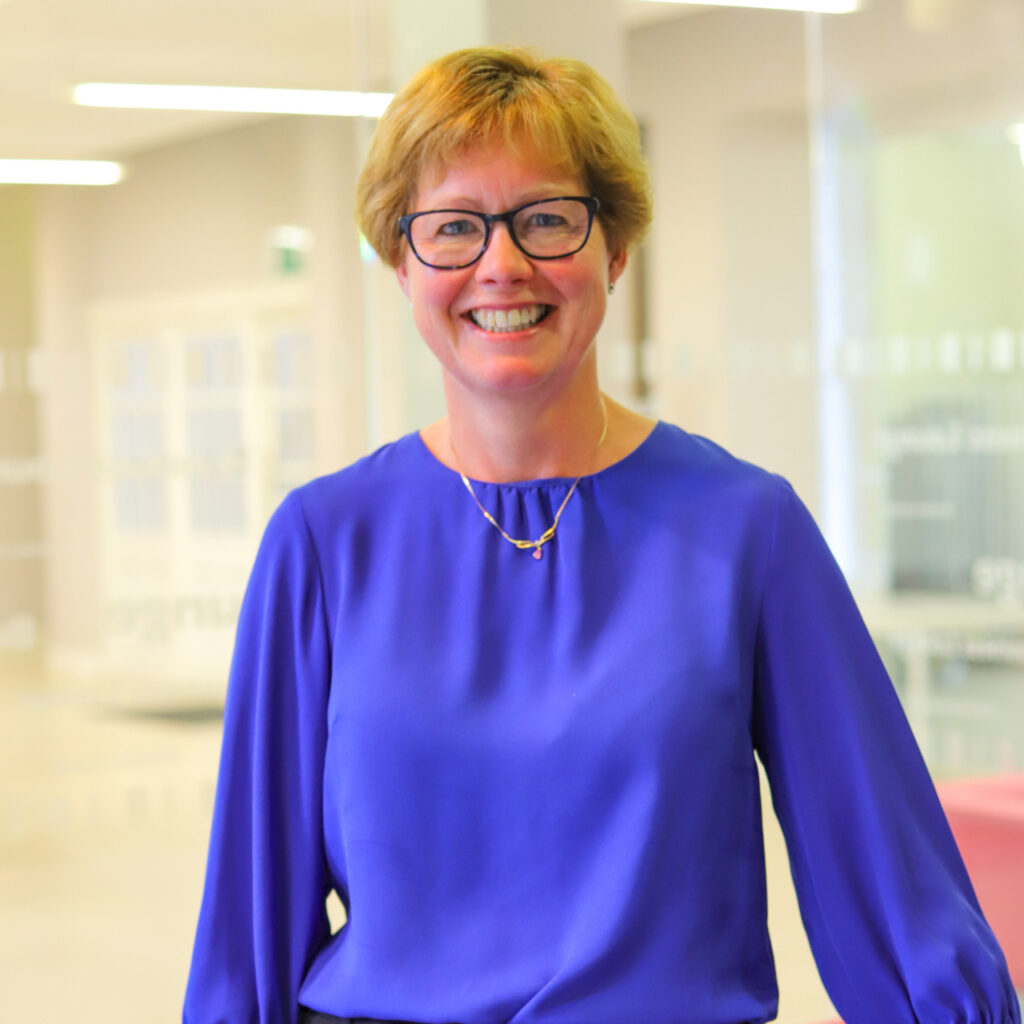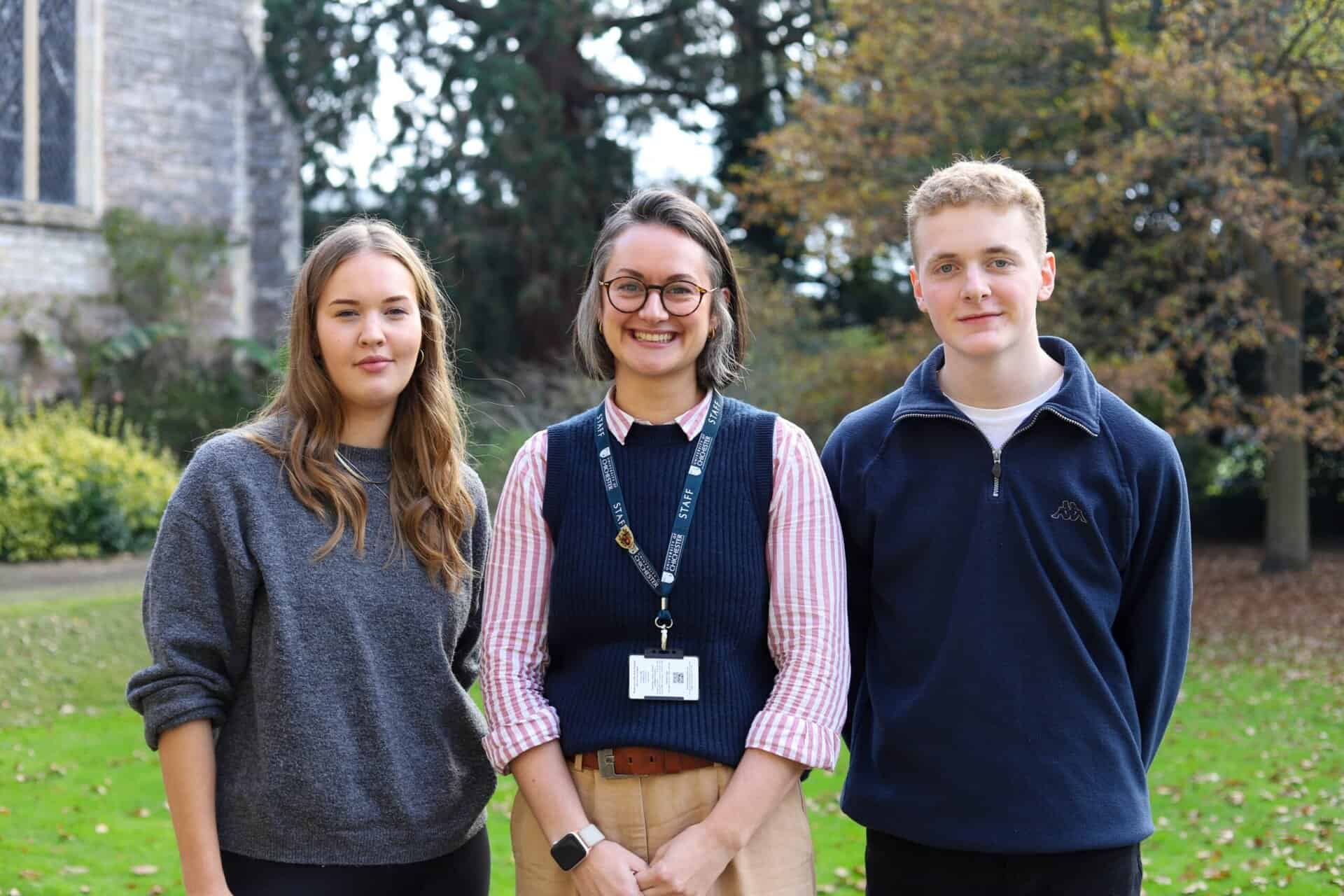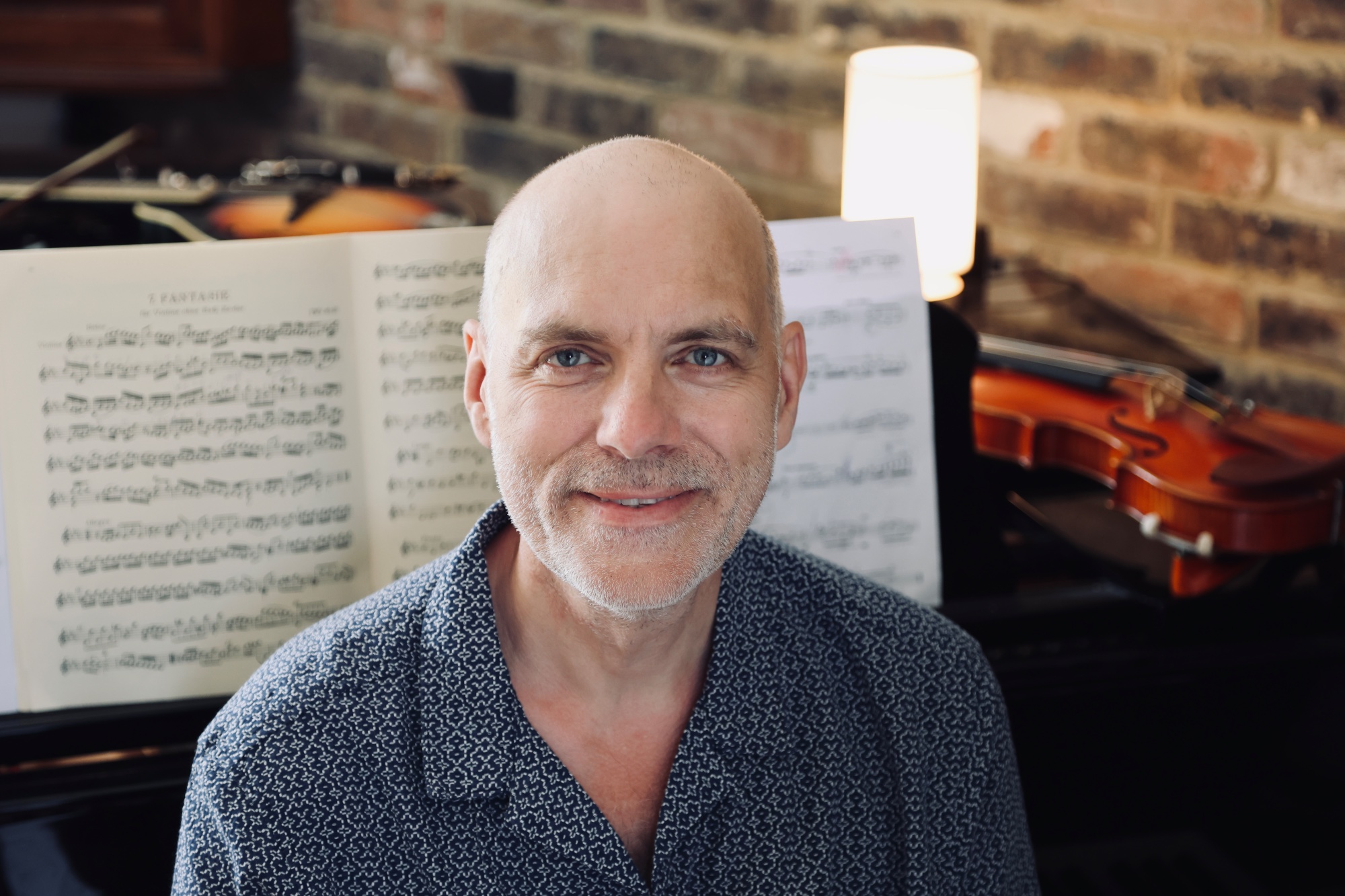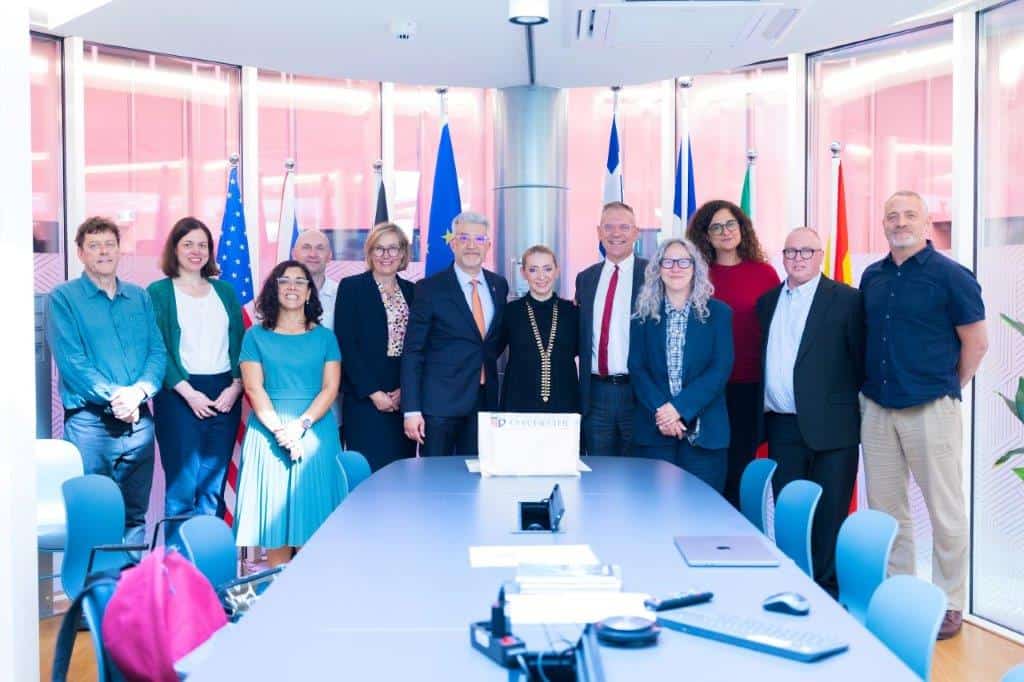Chichester academics work with Children on the Edge in Uganda

Academics from the University of Chichester’s Early Years Education team have joined forces with children’s charity, Children on the Edge, to assess whether their early years programme is having a positive impact on the refugee children they work with in Uganda.
The project arose out of frustration with existing early years assessment tools. The University of Chichester worked closely with Learn to Play Botswana and Children on the Edge to develop a new play-based observational assessment.
A spokesperson from Children on the Edge said: “We believe that the main aim of early years education is to instill a lifelong love of learning. We aim to develop curiosity and creative thinking, to help children become resilient, determined, confident and able to solve complex problems. We wanted to create an assessment tool to find a way to effectively measure the values and skills we believe are most important for a child’s development, the ones that will best prepare them for life and help them to thrive.
“We also wanted to move away from traditional early years assessments, which focus on memorised information and academic skills, rather than how children are holistically and uniquely developing. This style of tests often removes children from familiar settings, away from their friends, to be assessed by unfamiliar adults. So it’s no surprise that children are unable to be at ease and show their unique qualities and skills.”
The new assessment tool uses a set of eight fun activities which take place within the child’s familiar education setting, with their friends and usual teacher. The aim is to provide as natural an environment as possible and make the child feel at ease while the assessment happens. The fun, play-based activities give children the freedom to explore different concepts in their own way, demonstrating where they are in their own unique learning journey.
Debra Laxton, Senior Lecturer in Education at the University of Chichester said: “We are pleased to be working closely with Children on the Edge to evaluate the effectiveness of this new tool, which helps organisations to identify areas for improvement in their Early Childhood Education provision. Following a successful pilot in Botswana, the new model has now been trialled with refugee children in Uganda which lead to a new daily routine for the children with more time for free play and social interactions which help develop creative thinking skills and social and emotional skills.”
The assessment tool also closely considers the relationships between the children; between the teacher and children, how engaged families and parents are in the child’s learning, and how well the teacher communicates with parents. It looks at teaching and learning styles used by teachers, how well they facilitate play and how inclusive they are.





